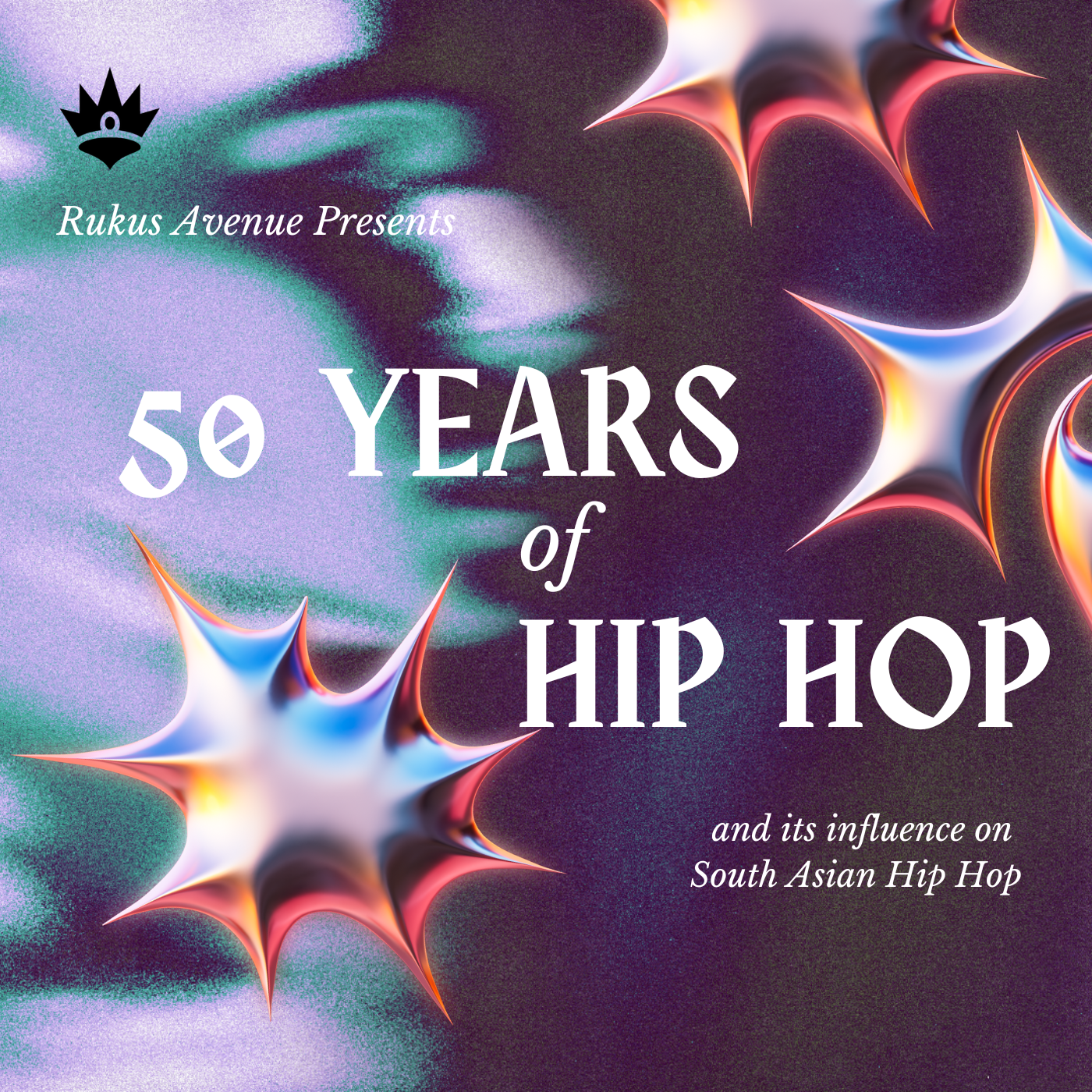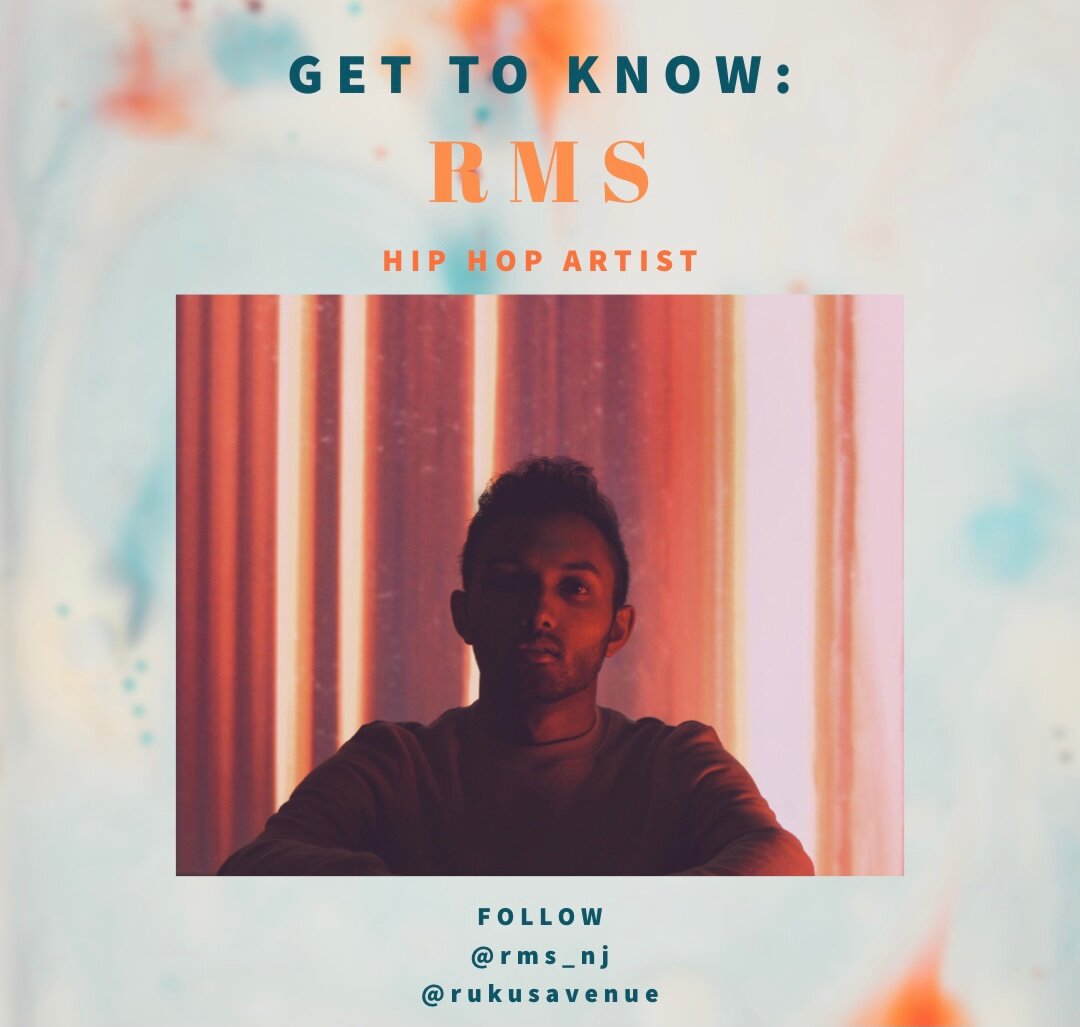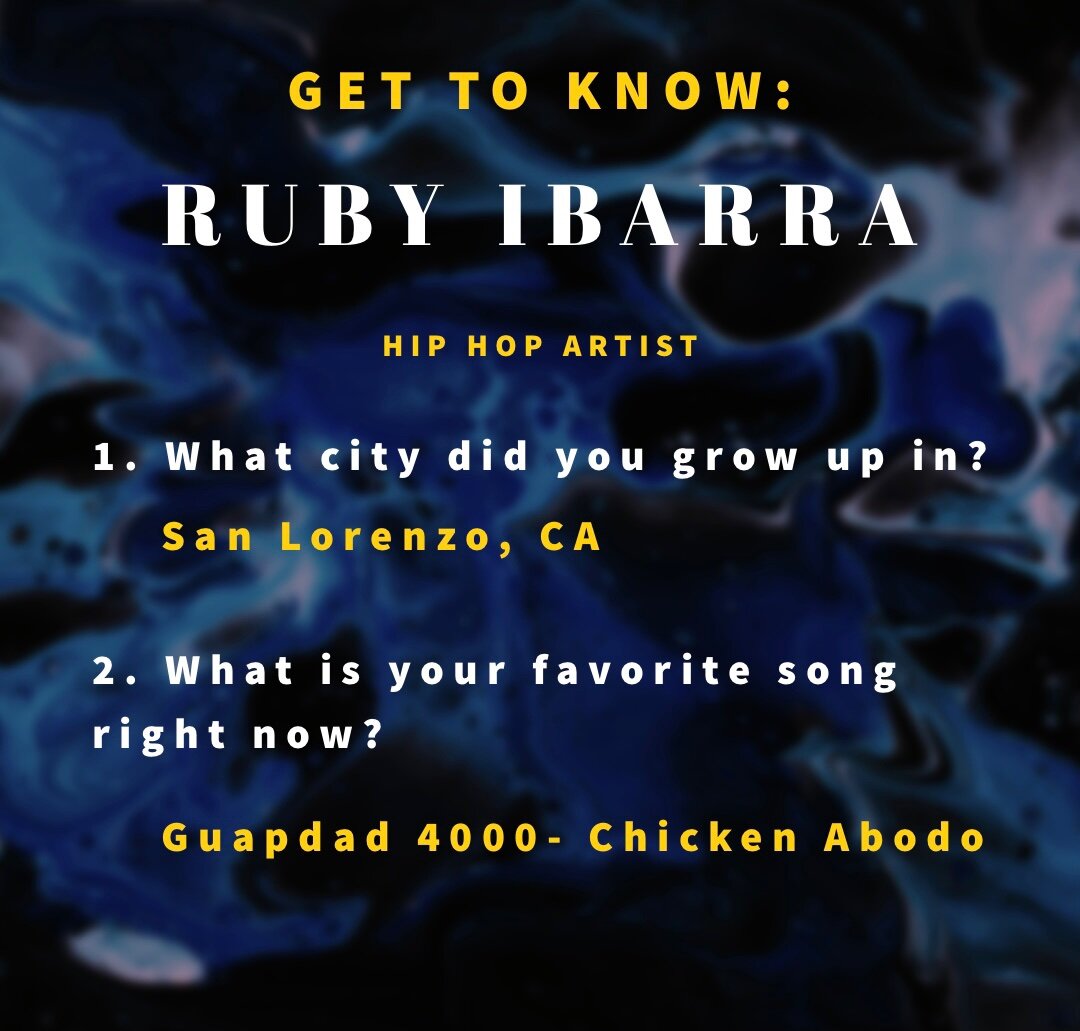As we journey back to our earliest memories of South Asians embracing the world of rap, we remember a fine rapper person by the name of Baba Sehgal. Now… you Gen Z folks probably have NEVER heard of this guy. He was pretty “cool” back in the day, he wore rapper sunglasses and baggy clothes. Emulating an LL COOL J type of vibe. The early 1990s saw him emerge from the heart of India, attempting to rap with a style that can only be described as a bit elementary. Think “Ice Ice Baby” by Vanilla Ice! L-O-L. Yet, kudos must be given to him for his pioneering spirit in venturing into uncharted musical territories. Baba Sehgal's unique approach to rapping introduced us to an unexplored realm of Indian music. Despite his efforts, there seemed to be something missing from his compositions and lyrics, an element that failed to truly hit the spot and resonate deeply within us. So we waited for something more solid to come along…
Then, like a breath of fresh air, Apache Indian burst onto the scene in the early to mid-1990s, fusing reggae beats seamlessly with rap lyrics. Hailing from the United Kingdom, he became one of the first Desi rap artists to captivate audiences worldwide with his fresh sound. Apache Indian's ability to blend genres showcased a new dimension of Desi hip hop. His impact was undeniable, laying the foundation for future artists to experiment and push the boundaries of traditional music further. Moreover, this made space for artists like Bally Sagoo and Stereo Nation (Johnny Zee), and more!
Then, South Asian hip-hop finally came to the west coast. Took long enough, didn’t it? In the late 1990s, a groundbreaking Desi rap group by the name of Karmacy emerged on the scene, leaving an indelible mark on the evolution of the genre. What set Karmacy apart and solidified their position as pioneers was their innovative use of various Indian languages in their albums. This marked a significant departure from the predominantly English-based rap that had been prevalent until then. Karmacy's incorporation of languages such as Hindi, Punjabi, Gujarati, and other regional dialects added a rich layer of authenticity to their music, allowing them to connect with their audience on a deeper cultural level.
The group's ability to seamlessly blend these languages with their rap lyrics reflected their diverse heritage and was a testament to the multicultural fabric of Desi communities. By doing so, Karmacy not only widened the horizons of Desi hip hop but also demonstrated that linguistic diversity could be an asset rather than a limitation, showcasing the universality of music in bridging cultural gaps.
Karmacy's impact extended beyond their music recordings. They embarked on tours that featured a lineup of esteemed Desi artists, including Sukhbir, RDB, Balwinder Safri, and many others. These tours created a platform for Desi artists from various backgrounds to come together and celebrate their shared culture through music. It was a remarkable display of unity and collaboration, fostering a sense of community among artists and audiences.
These national tours highlighted their influence and recognition within the Desi music scene. Their willingness to break linguistic barriers and collaborate with a diverse array of artists paved the way for a new era of Desi hip hop, characterized by its ability to seamlessly blend languages, cultures, and musical styles. Karmacy's legacy resonates not only in their music but also in their role as cultural ambassadors, forging connections and pushing boundaries in ways that continue to inspire Desi artists to this day.
Desi Hip Hop experienced significant growth during the early 2000s, with Desi UK rap providing a powerful platform for artists to share their personal stories and journeys. Similar to grime music, this genre has given a voice to marginalized communities, shedding light on the challenges faced by South Asian youth. Through tackling issues of identity, cultural conflicts, and social inequalities, Desi rap has become an empowering force, fostering a sense of community and togetherness among those who navigate multiple worlds.
The evolution of Desi hip hop has been greatly influenced by UK-based artists whose significant contributions have transcended its origins and impacted cultures worldwide. This genre has allowed artists to express their personal experiences, challenge societal norms, and address social issues. Desi hip hop's artistic freedom has empowered South Asian rap to become a potent tool for cultural dialogue, fostering greater understanding and bridging gaps.
As the flames of Desi hip hop began to spread in the early to mid-2000s, artists like Bohemia and Yo Yo Honey Singh rose to prominence, adding their unique voices and styles to the ever-evolving landscape. Bohemia, also known as the "Pioneer of Desi Hip Hop," left an indelible mark on the genre and future generations. He revolutionized Desi hip-hop by blending Punjabi lyrics and rap rhythms in a groundbreaking fusion that expanded the possibilities of the genre. With his authentic storytelling, exploration of societal issues, and cultural roots, he opened doors for a new era of South Asian artists to create and connect with a global hip-hop audience. Bohemia's influence can be felt in the generations that followed, inspiring countless artists to merge traditional Desi sounds with contemporary urban beats, thus shaping Desi hip-hop into an exciting and culturally rich music phenomenon.
Indeed, the influence of true black hip hop on South Asian artists in modern times has been palpable for decades, resulting in a captivating fusion of styles, lyrics, and lifestyles that have shaped the contemporary music landscape. Artists like Sidhu Moosewala, Karan Aujla, Diljit Dosanjh, and AP Dhillon stand as vibrant examples of this cross-cultural exchange.
Sidhu Moosewala and Karan Aujla, both hailing from Punjab, India, have pioneered a unique blend of Punjabi folk elements with hip-hop rhythms. Their music is characterized by hard-hitting lyrics that reflect the struggles and aspirations of the youth, echoing the raw authenticity synonymous with hip-hop culture. Their ability to infuse Desi narratives with hip-hop sensibilities has garnered them widespread acclaim and a dedicated fanbase.
Diljit Dosanjh, a multifaceted artist, has seamlessly integrated hip-hop influences into his versatile repertoire. His ventures into Punjabi hip-hop have showcased his lyrical prowess and willingness to experiment with different styles, creating a sonic landscape that bridges the gap between cultures.
AP Dhillon, hailing from Canada and India, has masterfully combined his South Asian heritage with his immersion in hip-hop, trap, EDM, and more. His music is a testament to the global nature of hip-hop, demonstrating how artists can draw inspiration from multiple cultures to craft a sound that resonates universally.
These artists' success on music charts and in popular culture speaks to the broader impact of Desi hip-hop, which has paved the way for a new generation of artists to find their voice within the realm of hip hop and beyond. This cross-pollination of musical influences has created a rich and dynamic landscape where cultural boundaries blur, leading to the birth of fresh sounds that are celebrated across the globe.
As we celebrate the achievements of these artists, it's important to acknowledge the lineage of South Asian hip-hop pioneers who laid the groundwork, creating a platform for future generations to build upon. The symbiotic relationship between black hip hop and South Asian hip hop serves as a testament to the interconnectedness of musical genres and the power of art to bridge cultural divides
The history of Desi hip-hop is a profound testament to its lasting impact on South Asian music. Its innovative fusion of traditional elements with modern beats has paved the way for a vibrant and dynamic musical scene that continues to flourish. Today, the genre stands tall, intertwined with the fabric of South Asian culture, influencing mainstream music trends and inspiring a new generation of artists.
As we celebrate the 50th anniversary of hip hop, the global phenomenon that rap has become is undeniable. It has transcended language and cultural barriers, resonating with people from all walks of life. The poetic nature of rap speaks to the heart of the human experience - from the struggles of the streets to the stories of the slums. It connects with the hopeless romantic, the coming-of-age soul, and everyone in between.
In conclusion, the evolution of Desi hip hop is a testament to the power of music to transcend boundaries and create a space for cultural exchange. From Baba Sehgal's tentative steps to the global sensation it is today, Desi hip hop has journeyed far, leaving an indelible mark on the world of music and culture. As we reflect on this remarkable journey, let us remember that the beat of Desi hip-hop continues to resonate, carrying with it the voices and stories of a diverse and vibrant community.





























